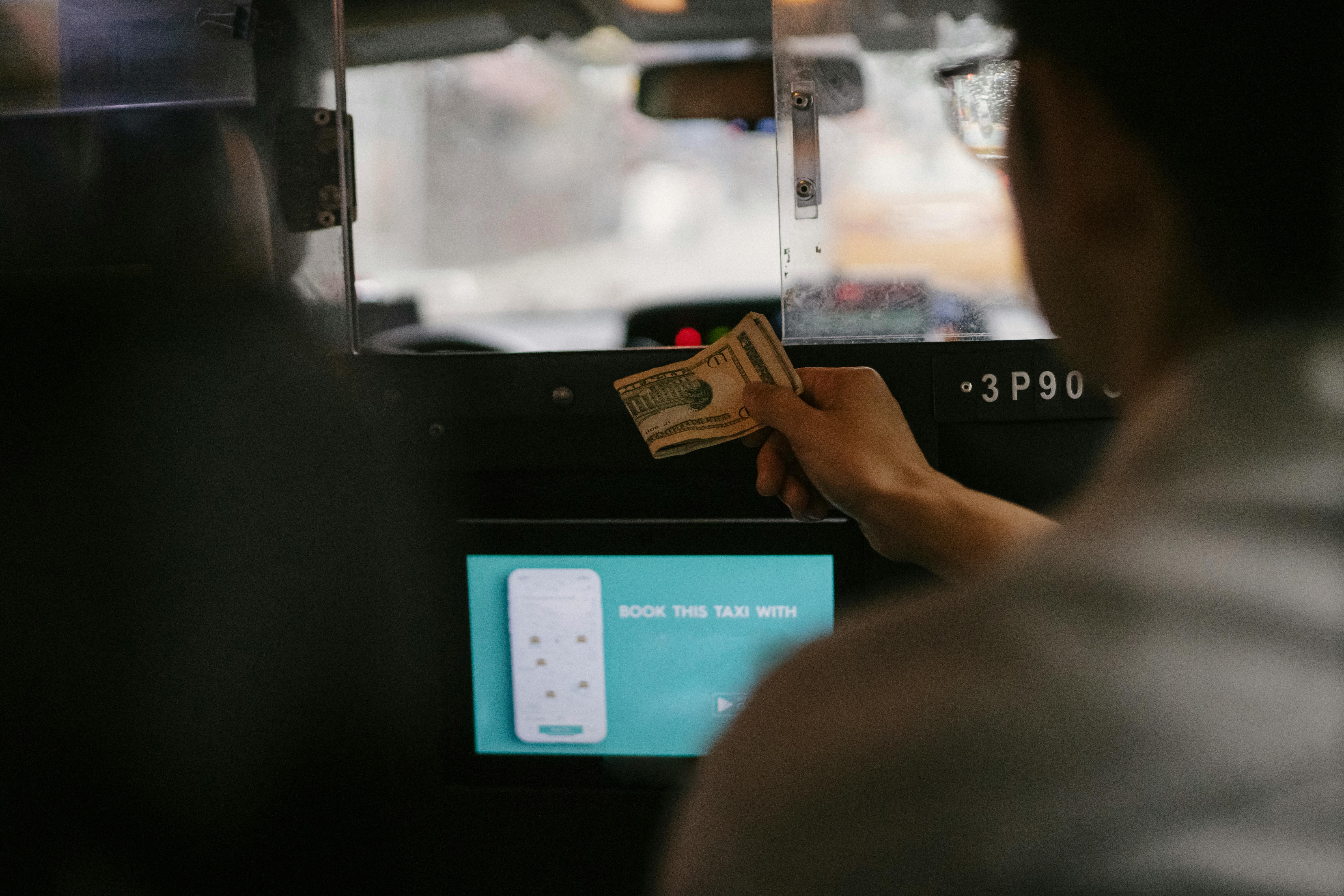
Are you ready to go completely digital VAT?
As a small business owner, you will know that all VAT returns have been digital, meaning online, for some time. But you may not realize that HMRC’s plans don’t stop there. In less than a year, you’ll have a very different set of requirements to meet.
Phase One of the new Make Tax Digital process begins in April 2019. So start planning this tax year for the changes to come in the next.
Making Tax Digital – the implications
The authorities now intend to make it more or less mandatory for you to buy or rent what they describe as working compatible software, such as Clearbooks, to do all your real-time input. (Note to Mac users: check that your chosen solution will work in the UK.)
This may mean an end to flipping through paper records every quarter or year, but it also means that you (or whoever does the bookkeeping) will have to track and record all forms of spending as it occurs, as well as your billing.
It is said (after renderings from small business groups) that the spreadsheets can still be used if you link them electronically to HMRC, but this is intended as a temporary measure and could be problematic in practice.
VAT goes first
The initial phase of what is intended to be a complete business tax shift for 2021 is for VAT records to be made digitally, continuously reportable from April 2019.
VAT returns currently only list total sales and purchases. After April 2019, you must digitally register each item, showing the VAT element, for example, zero rate, standard rate. All the adjustments you can make: import collect, car lease, subsistence, entertainment, etc. you also have to show it.
There are potential advantages and disadvantages:
advantage:
-
Less physical paperwork and spreadsheet data collection/conversion
-
Avoid VAT registration errors and potential fines
Disadvantages:
-
Additional cloud accounting software fees (for non-current users)
-
Continuous recording replaces quarterly or yearly work
-
Probable overtime charged by your accountant on conversion and to ensure compliance
who is affected
Organizations that have annual sales of £85,000 are required to register with VAT: below that level they can choose to register if they believe they may exceed the amount in the current year or soon.
These are not just limited liability companies, but also partnerships, sole traders, public organizations, schools and charities.
It is quite possible that those close to but below the threshold will now choose to withdraw from VAT registration, or not join if they planned to. We encourage you to talk to us at Region Accountancy if you’re not sure, because there are arguments for and against and every situation will be different.
There will be an initial ‘honeymoon period’ of 12 months where there will be no penalties for those who are VAT registered. Undoubtedly, there will need to be an adaptation phase for small operations that do not have external financial assistance.
With other taxes set to go ‘fully digital’ by 2021, HMRC’s view is that organizations will generally be better off in the future. The devil, as always, will be in the details.
Let us have a discussion early to make sure you are not surprised by the new requirements and ways of working.
Source: http://www.find-uk-accountant.co.uk/articles/odiri-tax-consultants/107